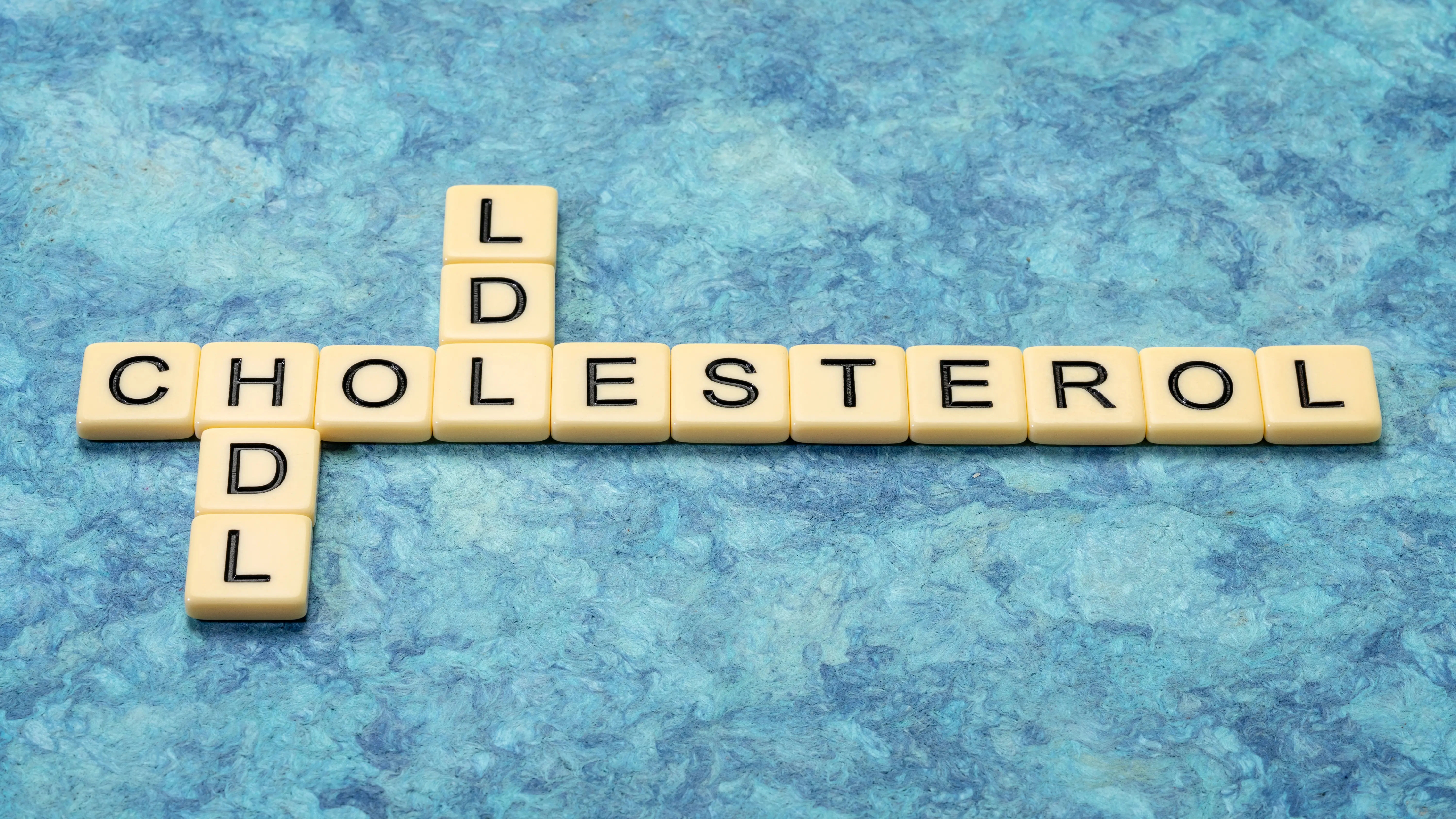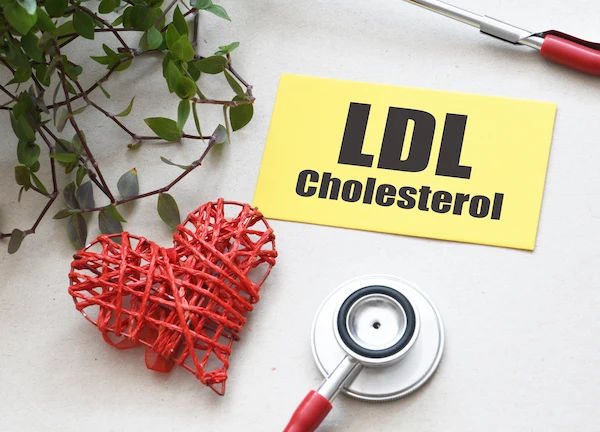- male
- 29 Years
- 20/02/2025
Hey, I've been feeling really worried lately. So, I'm a 29-year-old guy and back in December, I had this scary episode where my heart was racing like crazy and I had chest pain. I rushed to the hospital, they did an ECG, and said everything looked fine. I even saw another senior cardiologist who also checked me out and didn't find anything alarming. They gave me some meds like clonozopam and betacap tr 40, and things were okay for a while. But the past few weeks, I've been getting this weird fluttering or vibrating feeling in my heart, especially in the evenings. I don't have any chest pain or other symptoms now, but I'm really stressed about it. With the lockdown, I'm having trouble seeing a doctor again. Do you think this could just be anxiety, or is there something else going on? What should I do? I've attached the ECG from that time, if that helps.
Answered by 1 Apollo Doctors
That could be due to anxiety,if your previos medicines are avaialable with you you can take those medicines and visit psychiatrist for appropriate management
Dr. Anshul Suggests...
Consult a Cardiologist
Answered 25/07/2025
0
0

Ask Apollo
AI powered Health Chatbot
-
Understanding Your Symptoms
- Fluttering or vibrating heart sensations can be due to anxiety or heart rhythm issues.
-
Review of Past ECG and Cardiologist Findings
- A normal ECG and cardiologist evaluation are reassuring but may not detect all rhythm abnormalities.
-
Medications Explained
- Clonazepam: Helps with anxiety, potentially reducing palpitations.
- Betacap TR 40: A beta-blocker that manages heart rate and reduces palpitations.
-
Possible Causes of Current Symptoms
- Anxiety-related palpitations are common, especially under stress.
- Lockdown stress can exacerbate heart sensations.
-
Recommendations and Next Steps
- Seek urgent care if symptoms worsen or new symptoms appear.
- Manage anxiety with relaxation techniques and monitor symptoms.
- Follow up with a healthcare provider when possible.
-
Additional Diagnostic Considerations
- Consider further tests like Holter monitoring if symptoms persist.
-
Emotional Support and Reassurance
- Your concerns are valid; maintain open communication with healthcare professionals.
Answered 20/08/2025
0
0

More Cardiology Health Queries
View allI've been experiencing this chest pain that only lasts for like 5 or 6 seconds. It's pretty puzzling and a bit worrying to me. I'm curious about what could be causing it. Any insights?
Ecg and chest-ray pa view is advised to the patient.
Answered by 1 Apollo Doctors
My fiance is just 22 and she's started having symptoms of bradycardia for about a month now. Her heart rate is averaging between 40 and 47 bpm, which seems super low, and she's getting tired really fast. She even has syncope sometimes. Her heart's actually healthy otherwise, but the doctor thinks it might be something with her body's natural pacemaker. They've recommended a pacemaker, but we're really hoping for a cure instead. Is there anything else we can explore?
Symptomatic Bradycardia with a heart rate of 40-47 bpm and exhaustion can be concerning. In cases where a pacemaker is not desired, medication therapy can be considered. One common medication used to increase heart rate in cases of symptomatic Bradycardia is Atropine. The usual dosage for Atropine in adults is 0.5 to 1 mg IV every 3 to 5 minutes as needed, with a maximum dose of 3 mg. However, the use of Atropine should be carefully monitored by a healthcare professional. It is important to follow up with your doctor for proper evaluation and management of the condition.
Answered by 1 Apollo Doctors
I'm 21 and I've been on Concor Cor 2.5mg since May 2018. I'm wondering if there's a way to stop taking it for good. I've attached my 2D echo results. Can you tell me if it's possible to withdraw from this medication permanently?
yes
Answered by 1 Apollo Doctors
Disclaimer: Answers on Apollo 247 are not intended to replace your doctor advice. Always seek help of a professional doctor in case of an medical emergency or ailment.

 Could stress cause my heart fluttering?
Could stress cause my heart fluttering? 



